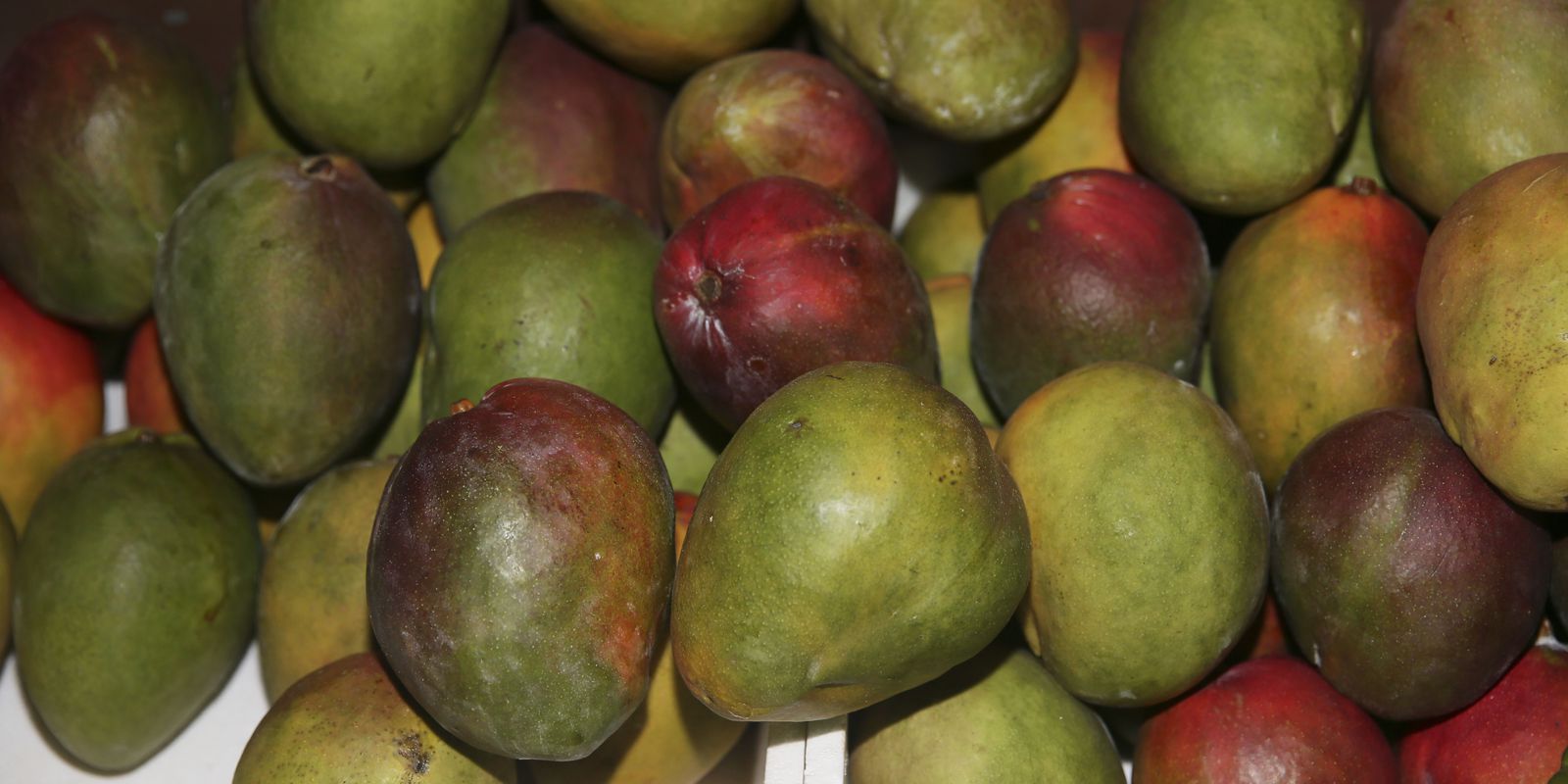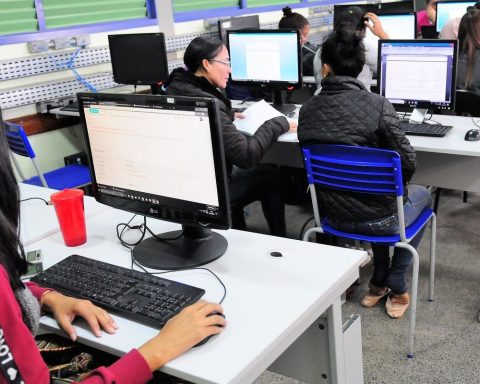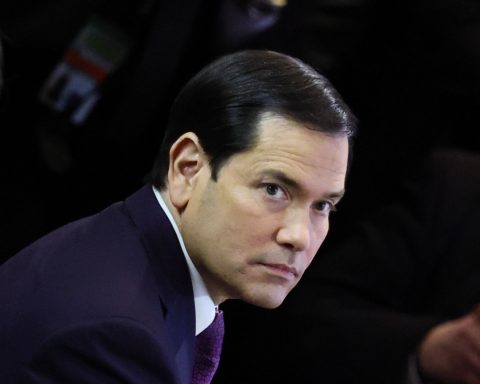Responsible for around 5.5 million direct jobs, Brazilian fruit farming aims to consolidate the export of part of the national production to traditional destinations and reach new markets, especially China, whose population, in 2020, consumed US$ 138.9 billion in local fruits and from several other countries.
The strategy, which already has the help of the Ministry of Agriculture, Livestock and Supply (Mapa), seems to have gained weight this Monday (31), with the visit of the Minister of Foreign Affairs, Carlos França, to a one of the biggest centers of national fruit growing, the São Francisco Valley, between Pernambuco and Bahia.
Accompanied by the president of the Brazilian Trade and Investment Promotion Agency (Apex-Brasil), Augusto Pestana, France visited the region at the invitation of the Brazilian Association of Producers and Exporters of Fruits and Derivatives (Abrafrutas). In Petrolina (PE), the chancellor visited farms, a winery and met with producers, who emphasized the importance of concluding the free trade agreement between Mercosur and the European Union.
“We are dealing with some requests from producers, the main one being the free trade agreement between Mercosur and the European Community”, Abrafrutas president Guilherme Coelho told Agência Brasil. According to him, the signing of the treaty will eliminate customs tariffs, reducing the cost of exporting Brazilian products to the bloc of 27 European countries.
“One example is the grape. When we export to the European community, we pay between 8% and 14% tax. Other exporting countries such as Chile, Peru and South Africa pay nothing, which is unfair. The free trade agreement already provides that, as soon as it enters into force, this import duty [imposto de importação] will fall to zero”, added Coelho, explaining that the exemption will gradually apply to other fruits sold to the European Union.
“We also treat [com o ministro Carlos França] the importance of opening new markets. Mapa already gives us this support, negotiating, breaking down health barriers and acting on other issues, but the Ministry of Foreign Affairs can help us identify and communicate with other countries that want to import our products,” said Coelho.
In social networks, the Itamaraty confirmed the intention together with Abrafrutas, to promote the export of national products in order to “increase Brazilian participation in the international market”.
In 2021, Brazil exported 1.24 million tons of fresh fruit, a result 18% higher than in 2020. As a result, the sector earned US$ 1.21 billion, or 20% more than in the previous year, according to a survey by the National Supply Company (Conab).
Among the most sold fruits for the foreign market in 2021 are mango, melon, grape, lemon, walnuts and chestnuts, watermelon, banana, apple and papaya. The main international destinations for Brazilian products were the European Union, the United States, the United Kingdom, Argentina and Canada.
Even with the positive results, the president of Abrafrutas maintains that Brazil still has a lot to grow. “We have excellent quality fruits and a great concept abroad. There is still a long way to go. That’s why support is important.”
















